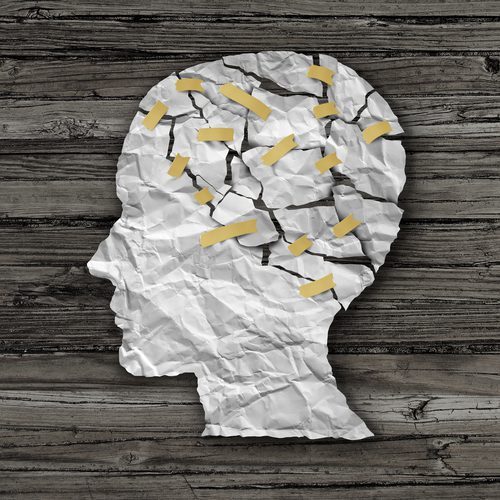Magical Thinking and Addiction
Magical thinking is a belief that an event happens because of another without cause. It is superstitious thinking that you can prevent something from occurring only if you engage in a certain ritualized behavior. One popular example of magical thinking is the adage, step on a crack, break your mother’s back. This statement has no basis in fact, yet is a childhood favorite.
These thoughts are common and typically harmless; however, over time and with continued magical thinking, it can begin to negatively influence your life. One study found that over 50% of adults engage in this type of thinking and most of it is centered around superstitious beliefs such as the number 13 or walking under a ladder.
The causes of magical thinking include cognitive dissonance, the placebo effect, and the law of attraction. Cognitive dissonance involves thoughts that are conflicting in our minds which can lead to uncomfortable feelings. To overcome these feelings, we adapt a new thought that rationalizes the struggle. If a person is looking to rationalize a behavior such as an addiction, they can believe almost anything to rationalize the behavior. The placebo effect occurs when a person believes something; however, it is not attributed to the placebo itself. For example, in certain research studies, a doctor may give you a pill for anxiety and you believe it will help your anxiety, but the reality is the doctor gave you a sugar pill. The law of attraction is the belief that you will obtain success without having to work at it; you can simply wish it to happen.
Substance use and mental health disorders have components of magical thinking. Someone
who is an alcoholic may rationalize their drinking behavior and develop irrational thoughts. This occurs because the alcoholic must justify the behavior of drinking. Over time, these irrational thoughts replace more logical thoughts. It is one way to continue the drinking behavior; however, these thoughts put one out of touch with reality. Magical thinking has been seen in those with depression, obsessive-compulsive disorder, and schizophrenia.
Magical thinking is problematic as you may find you are putting energy into something that could jeopardize reaching goals or entering recovery. You may engage in certain ritualized behaviors to make you think that nothing bad will happen. This could influence taking unnecessary risks because you are convinced nothing will happen to you. Magical thinking can keep you stuck in patterns of irrational thoughts; unable to move forward with new thoughts that could make life better.
If you are experiencing problems with substance abuse or mental health concerns, call Cottonwood Tucson today. Our team of professionals can help you overcome the thoughts that might be keeping you from achieving recovery and living a full life. (888) 727-0441.







